On Friday, March 7, together with the Pohoda festival, we managed to organize a concert by the Israeli band Lola Marsh. Tabačka Kulturfabrik was full of satisfied and smiling visitors, artists, and the atmosphere was amazing. The center was simply living its ordinary life. That evening, no one predicted that our gates will close for visitors after the weekend, we will go home from the offices and cultural events will stop for a long time.
We did not dare to estimate how long this situation would last, but one thing was clear - Tabačka Kulturfabrik as an open zone for creativity and cooperation lost its significance without visitors, and our original activity did not make sense in the new circumstances. We began to live very uncertain and difficult times.
Information about the support strategy for employers or self-employed persons was absent or unclear for a long time, so right at the beginning of the pandemic we had to deal with almost mass redundancies in bar-related positions and new agreements with colleagues who programmatically and technically operated the cultural center and its program. The state aid scheme for culture and cultural centers has also not been clear for a long time, which has only exacerbated our uncertainty.
All we knew was that our costs and overheads associated with the premises continued to grow during the days we were not able to function. After the initial shock and almost a month of “freezing”, we woke up. Finally, working in non-standard conditions, at the limit of possibilities, personnel capacities and forces is still a relatively common practice for independent cultural centers in Slovakia, and this experience and ability proved to be crucial for our survival during the pandemic.
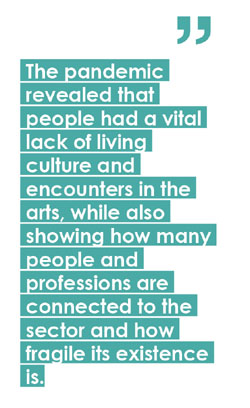
Thanks to that, the support and helpful steps of our main partner of the Fund for the Support of the Arts, with the help of small material donations from private donors, we focused our efforts on activities that could be implemented. We started working on all things related to the maintenance and expansion of the center space, for which we did not have time during normal operation. At the same time, we hopefully prepared for the summer, considering the expansion of outdoor stages suitable for professional productions, which we hoped would return during the coming summer. In the back of the yard we created a new Art Garden space, we launched one of the first podcasts from the workshop of the cultural center in Slovakia TBCK podcast, we implemented a series of online cultural events, we offered online space to representatives of communities with which we normally cooperate, opened a program of residences for film artists and theater ensembles.
Our primary goal was not to lose contact with the audience, to inform our visitors about what is happening here, to provide them with a behind-the-scenes look, to introduce individual members of the cultural center team. After a more relaxed summer, when everyone seemed to forget that there was a pandemic, the second wave came. It was not as shocking and unexpected as the one before it, but for the culture sphere it was just as demanding. Once again, we moved the cultural program to online space, at the same time we devoted our efforts to the development of a project supported by the Active Citizens Fund -Slovakia, FABRIK SPACE - an open zone for communities and civic participation.
During the second wave, thanks to this support, we managed to begin the reconstruction of the Fabricafé, also known as Stará Tabačka, we began to turn into reality our long-planned idea of Kulturpass, which will soon connect the center, its visitors, program, artists, community, donors, and institutions and we believe that it will become a new environment for communication and cooperation. We will provide more information about the ideas behind Kulturpass to AmCham members soon.
The pandemic revealed that people had a vital lack of living culture and encounters in the arts, while also showing how many people and professions are connected to the sector and how fragile its existence is. Thanks to that, we have found that we can survive, but also that our existence is not only fighting for survival, but also providing space for development, professionalization and innovation. We need to talk more and louder about solidarity, support and cooperation at several levels. From the closest team of collaborators to visitors to the center, representatives of the city, region, state, and the private sector.
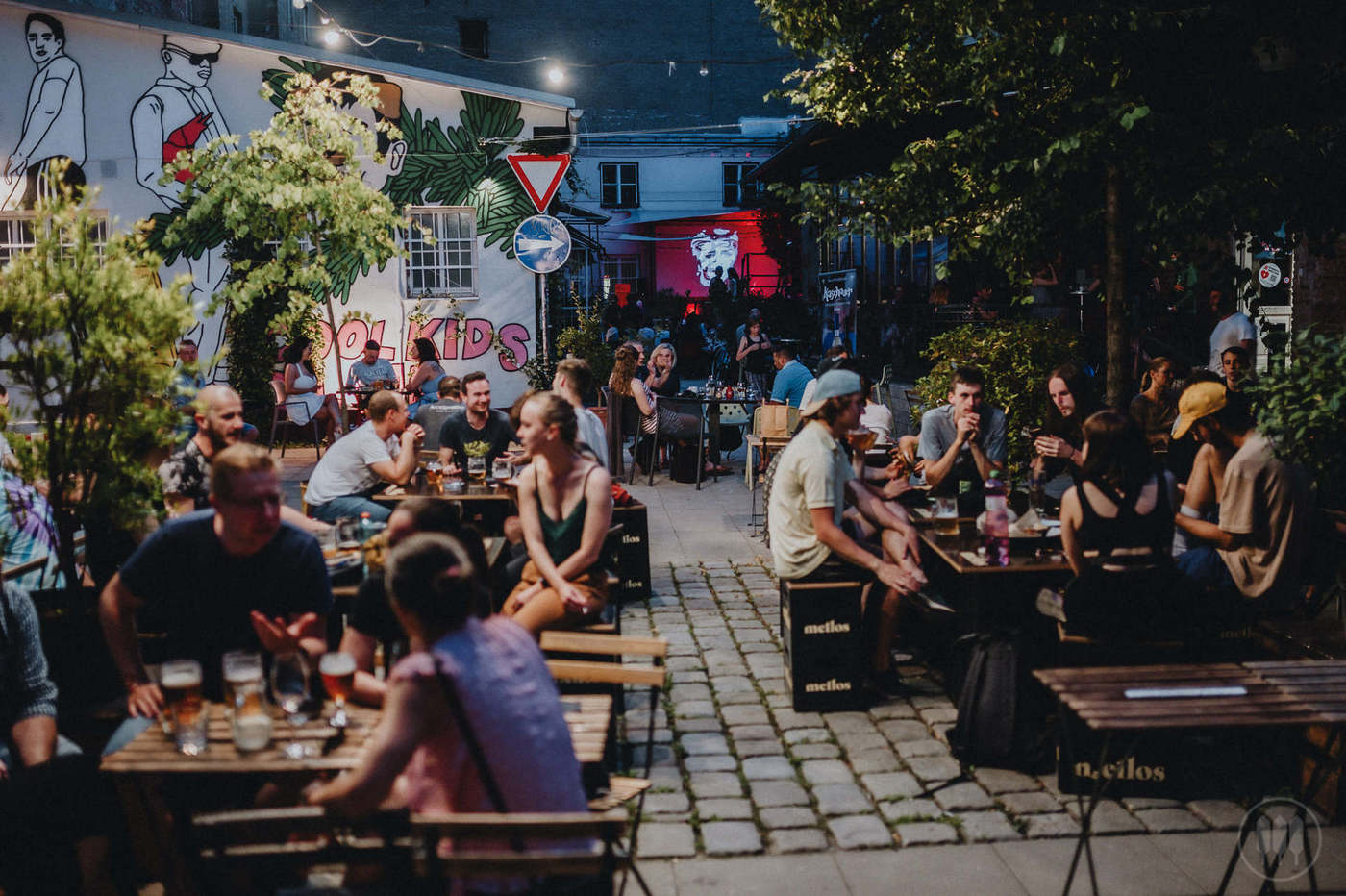
Barbara Denciová, Public relations, TABAČKA KULTURFABRIK
Zuzana Psotková, Dramaturgy and performing arts, residencies, workshops, TABAČKA KULTURFABRIK

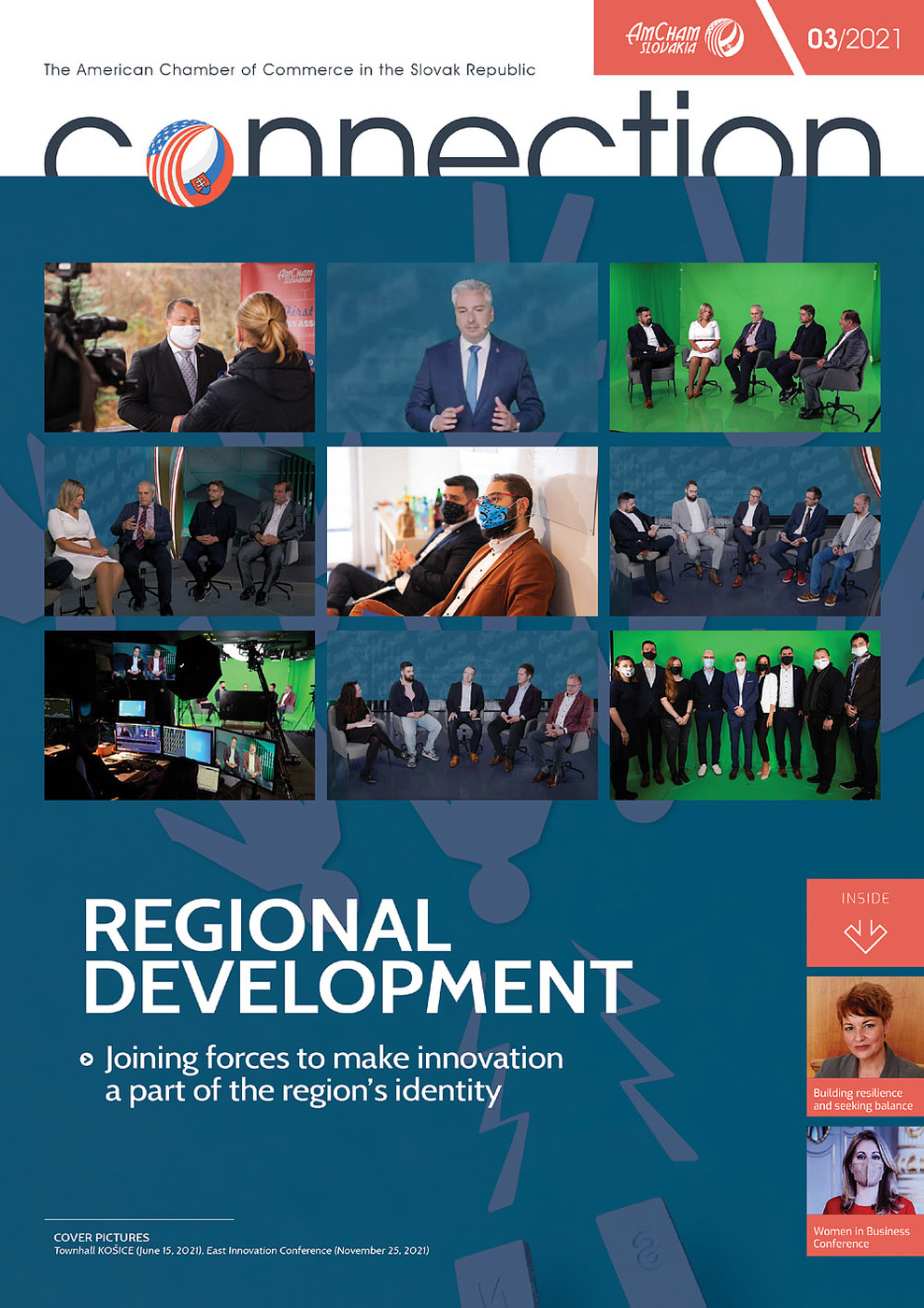
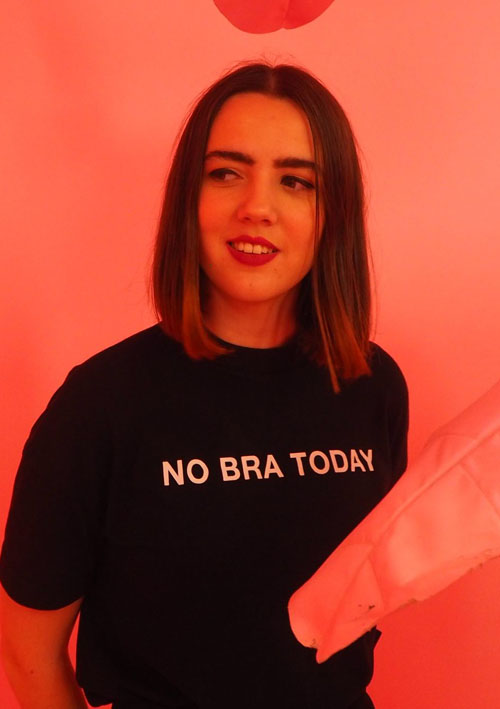
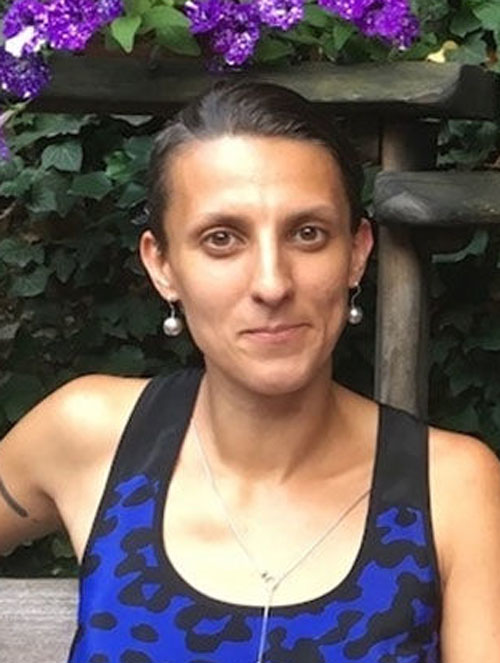
Follow us